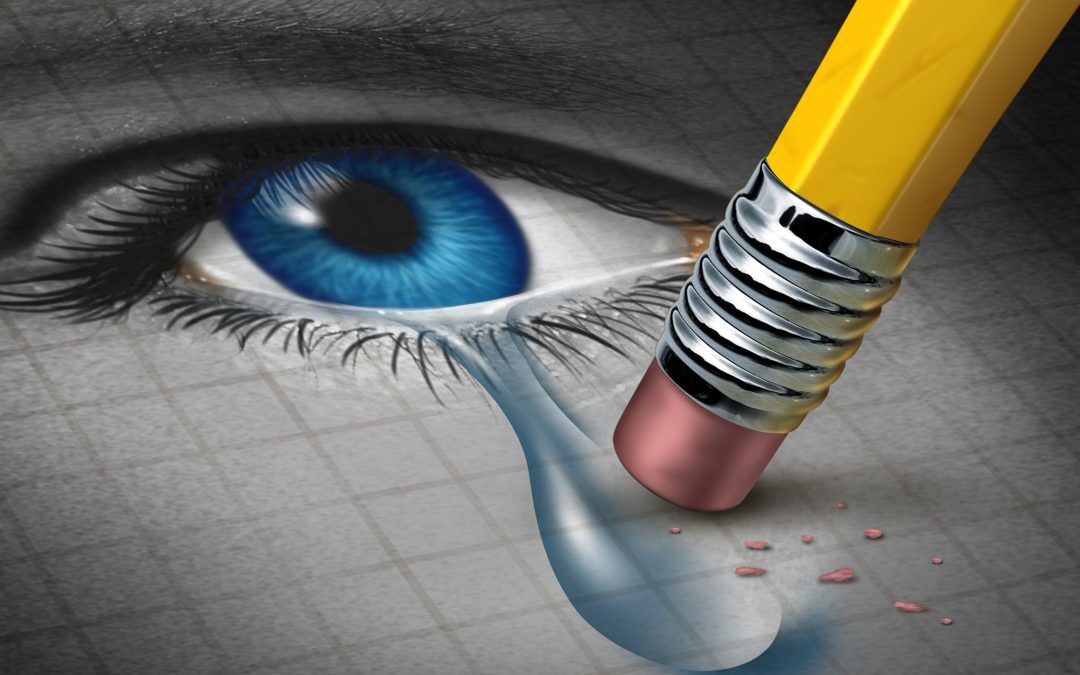If you are considering psychotherapy for yourself or a loved one for the treatment of bipolar disorder, it may be helpful to get information about available treatments. Psychotherapy is an effective treatment for bipolar disorder.
Psychotherapy is Effective
Many different types of psychotherapy are available to help patients with psychological problems. Research has shown that mainstream forms of psychotherapy work well when treating depression, anxiety, and most other psychological, psychiatric, and mental disorders. These different types of psychotherapy are all generally effective when compared against one another in large research studies.
Bipolar Psychotherapies
Three types of therapy have been developed for the treatment of bipolar disorder. These therapies have been specifically shown to be effective in treating bipolar disorder in research studies.
All three types of psychotherapy include psychoeducation, which involves helping the patient (and at times his or her family) understand the causes, symptoms, and course of illness. All therapies also emphasize the importance of taking bipolar medications as an important keystone of recovery and maintenance.
Cognitive Behavioral Therapy for Bipolar Disorder
Cognitive Behavioral Therapy (CBT) for bipolar disorder is designed to change negative thoughts, behaviors, and emotions associated with the disorder. CBT identifies irrational negative beliefs and helps the patient to challenge them and replace them with healthier thoughts. Changing destructive thoughts can lead to changes in destructive emotions and behaviors.
Interpersonal and Social Rhythm Therapy for Bipolar Disorder
Interpersonal and Social Rhythm Therapy (IPSRT) for bipolar disorder is designed to reduce current interpersonal stress and stabilize circadian rhythms (24 hour cycles). IPSRT identifies one or more areas of interpersonal conflict and helps the patient develop healthy ways of coping with the conflict. IPSRT also actively focuses on helping the patient to stabilize daily sleep and wake patterns and daily routines.
Family Focused Therapy for Bipolar Disorder
Family Focused Therapy (FFT) for bipolar disorder is a type of family therapy in which families and the patient meet with the therapist to cope with the effect of an ill family member on the family. Families are helped to develop an early response strategy for relapses. The patient and families also learn better communication and problem-solving skills when interacting with one another.
Combining Therapies
Any qualified mental health professional should be trained to provide effective forms of psychotherapy. However, most mental health professionals are not trained in bipolar-specific forms of psychotherapy listed here. For bipolar patients, it may be helpful to combine more traditional forms of psychotherapy with these more targeted treatments. This may involve seeing two different therapists who are communicating with one another and providing coordinated treatment. Or, it may involve getting brief specialty treatment in a bipolar disorder treatment center or setting followed by aftercare with traditional psychotherapy.


Leave A Comment